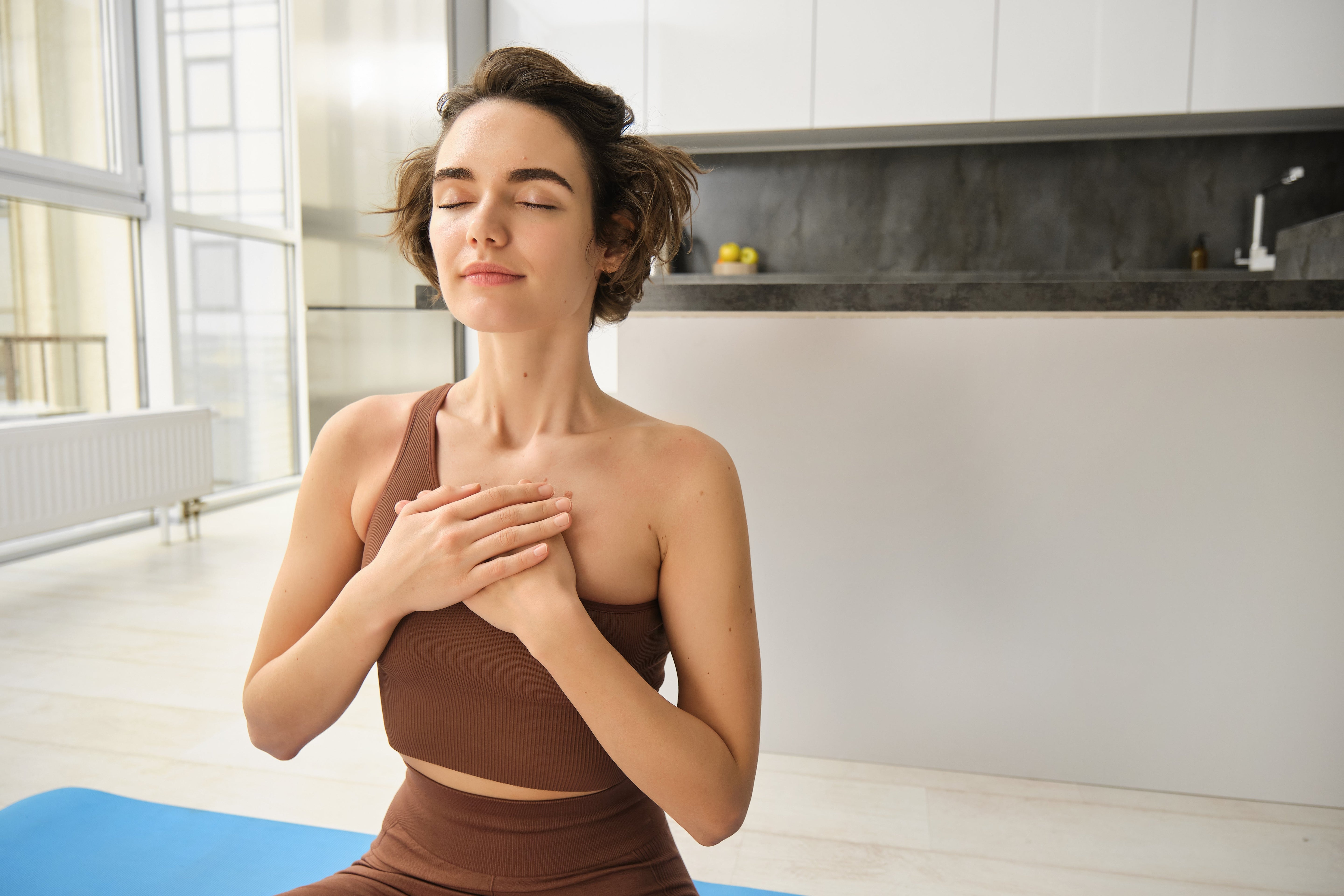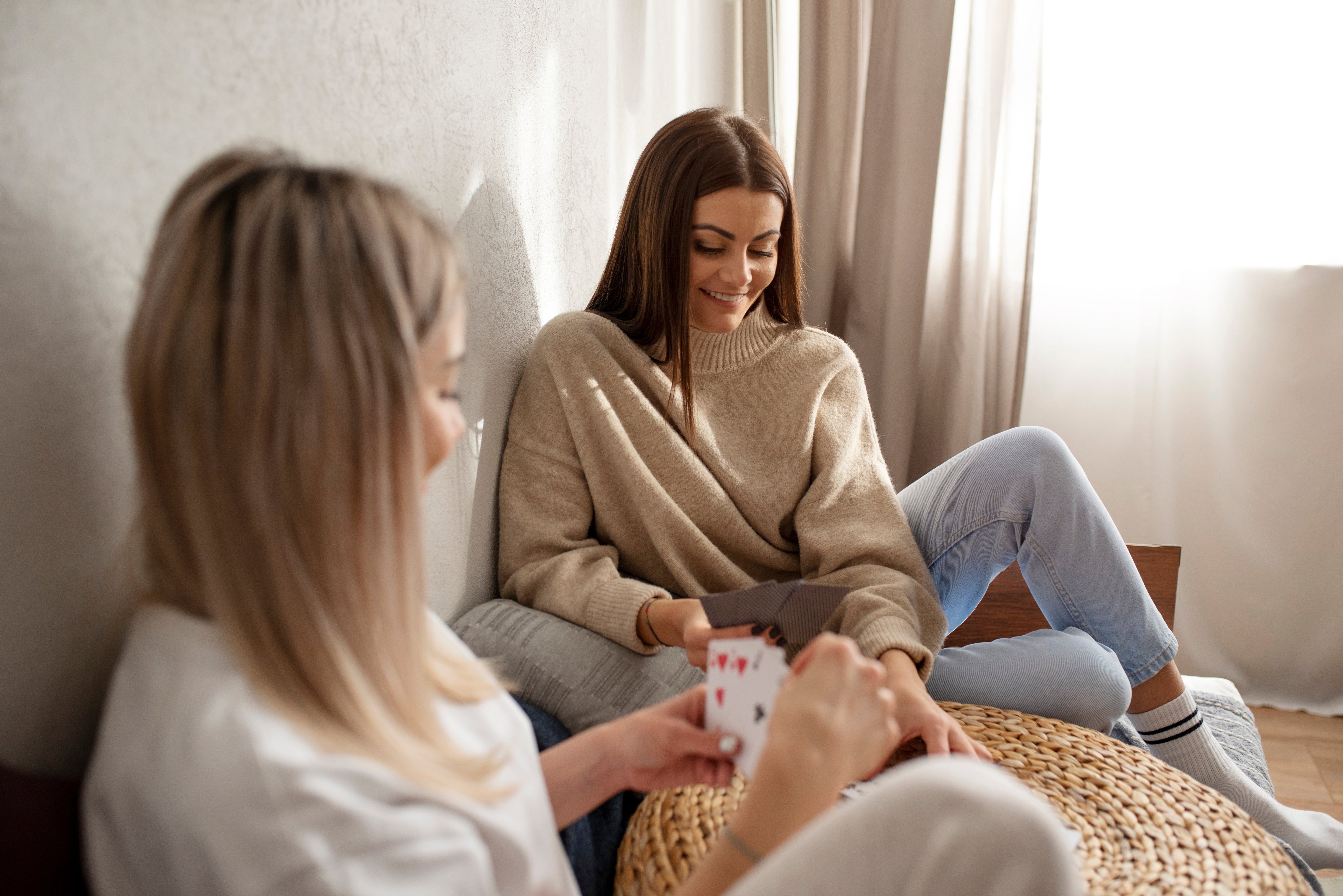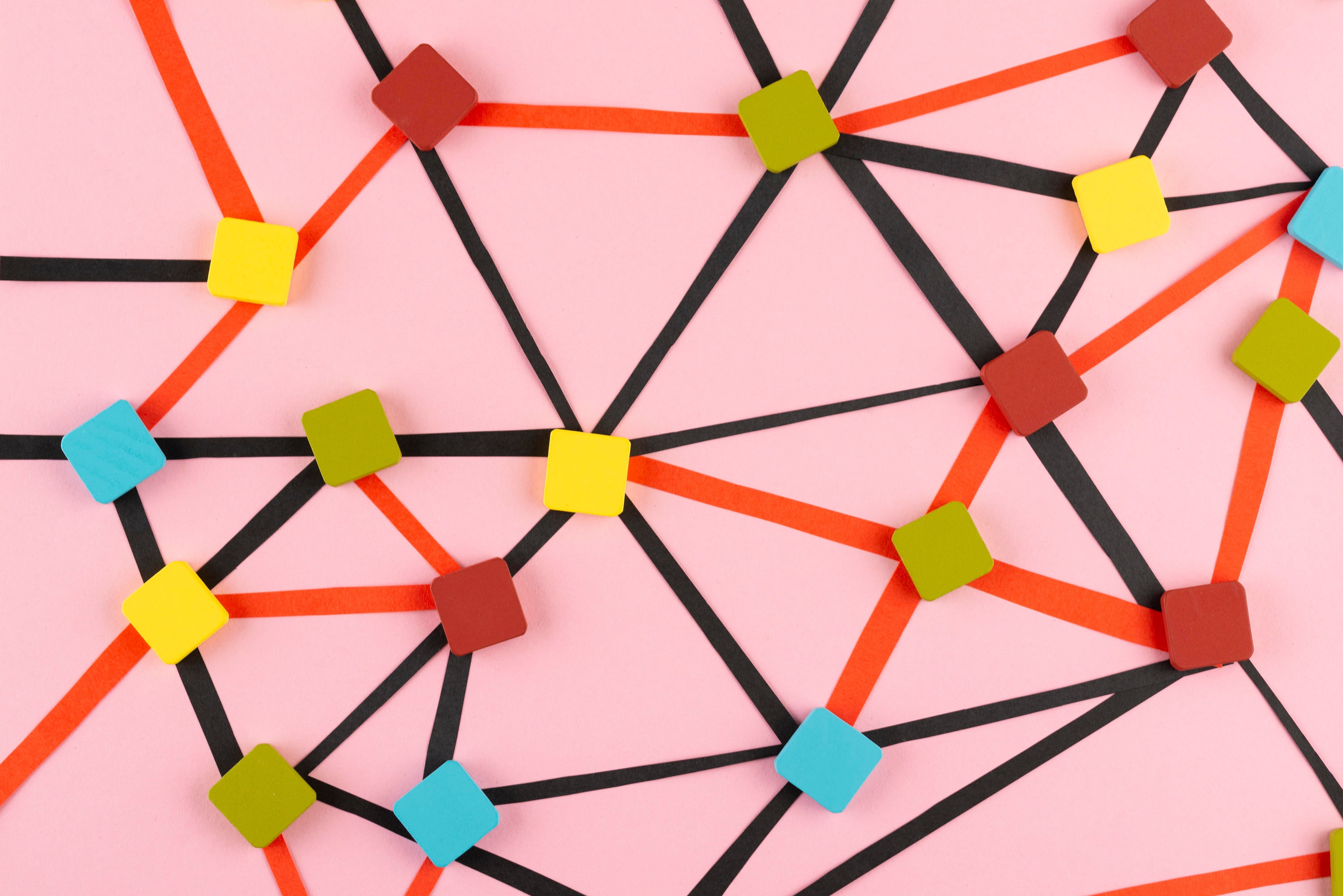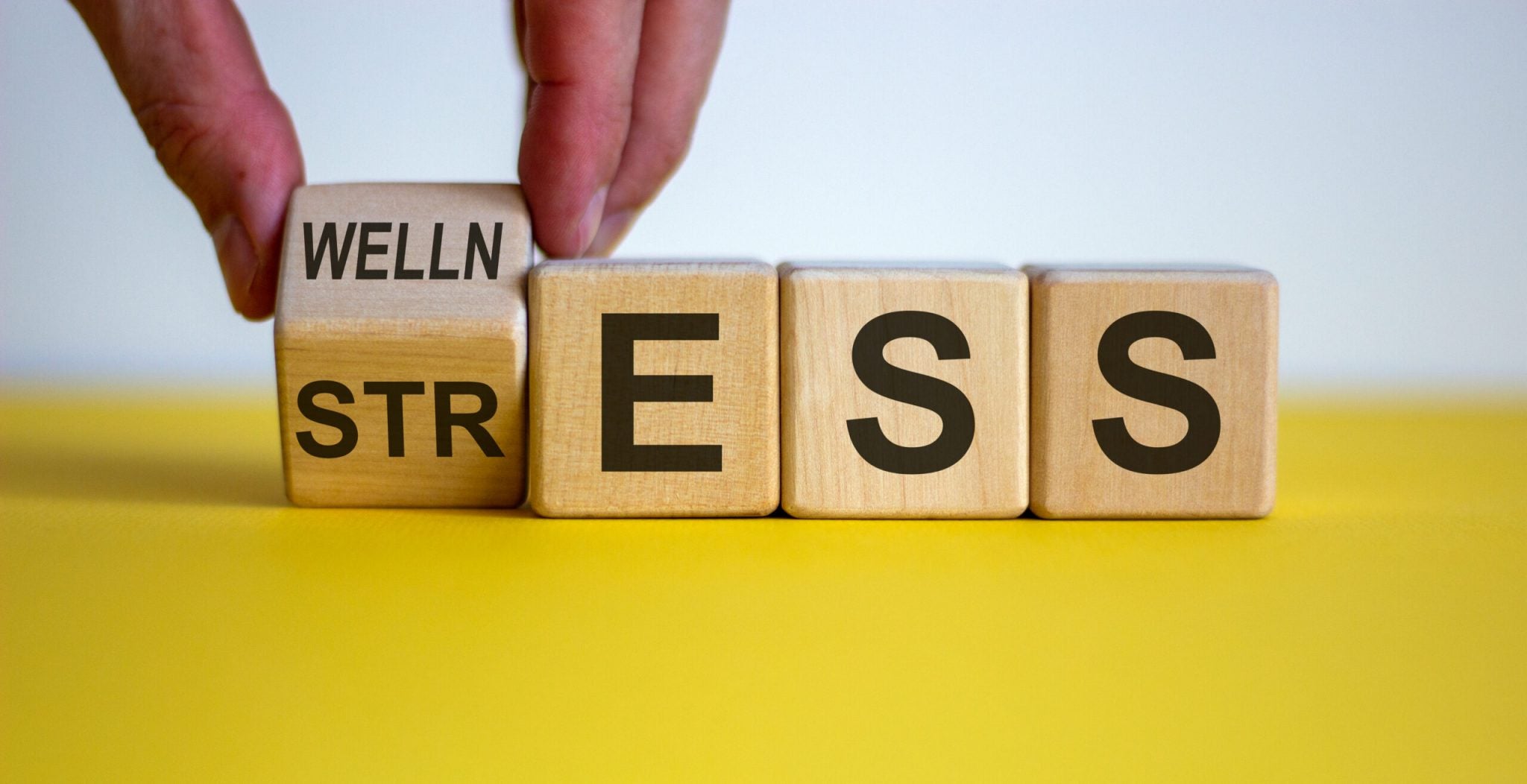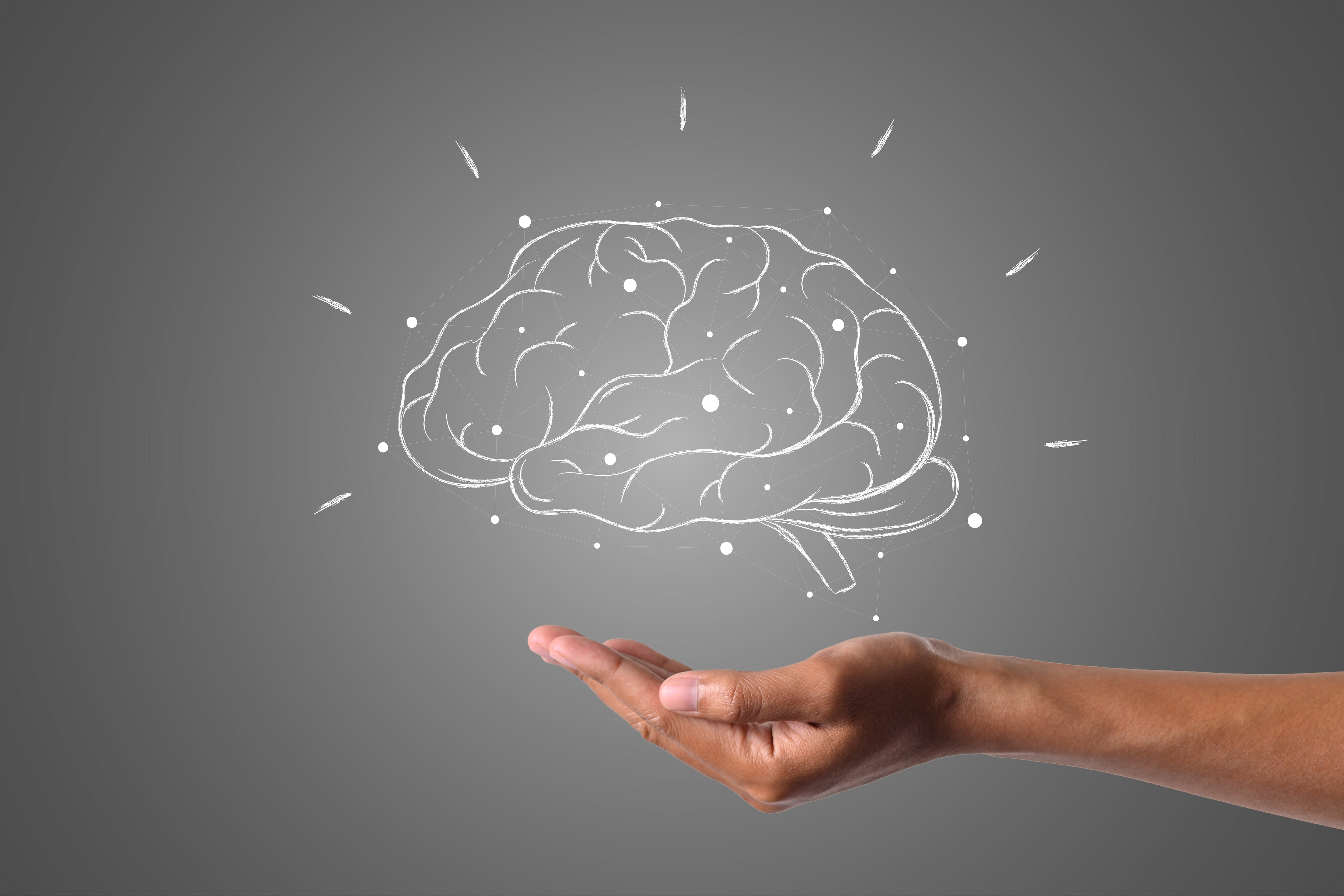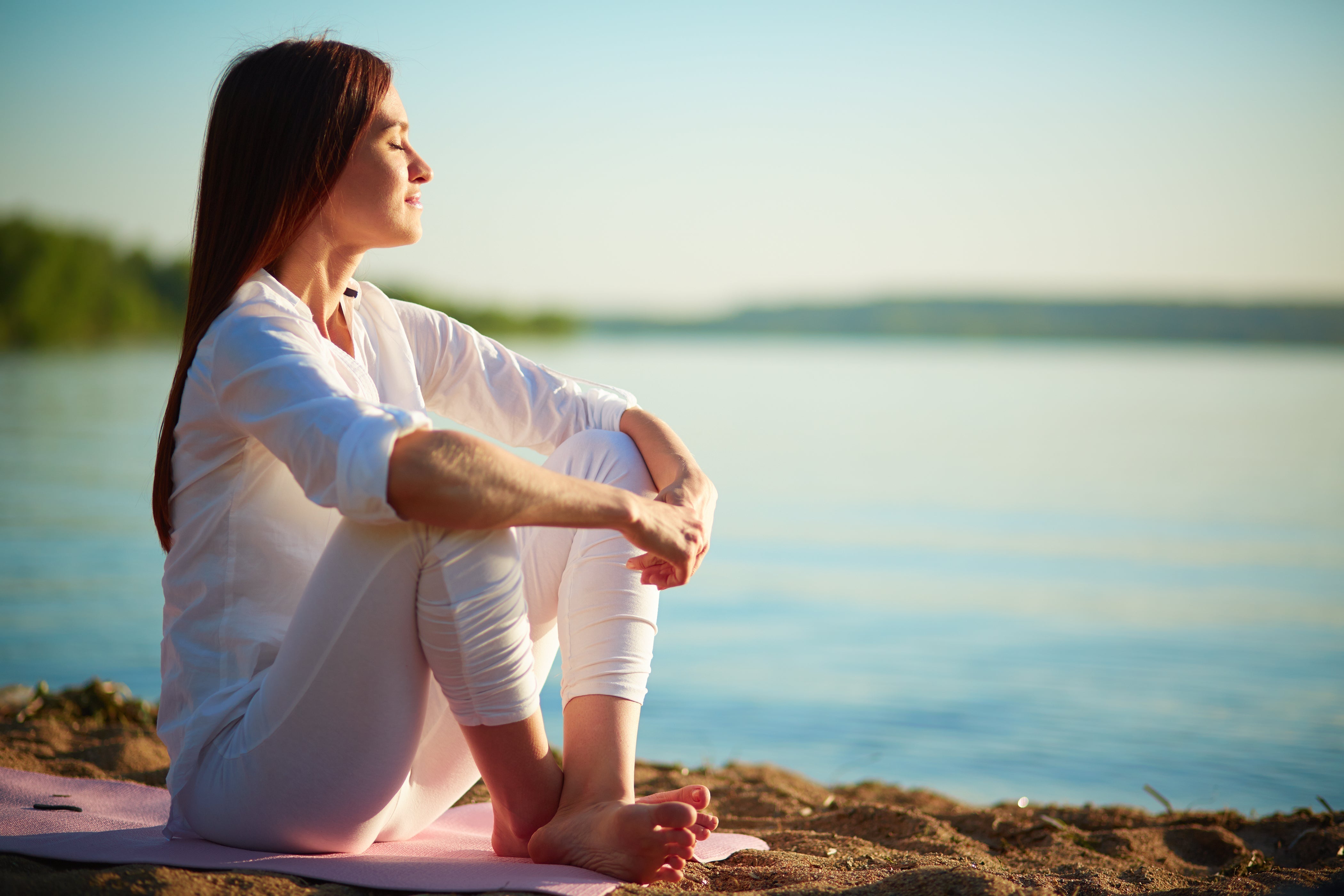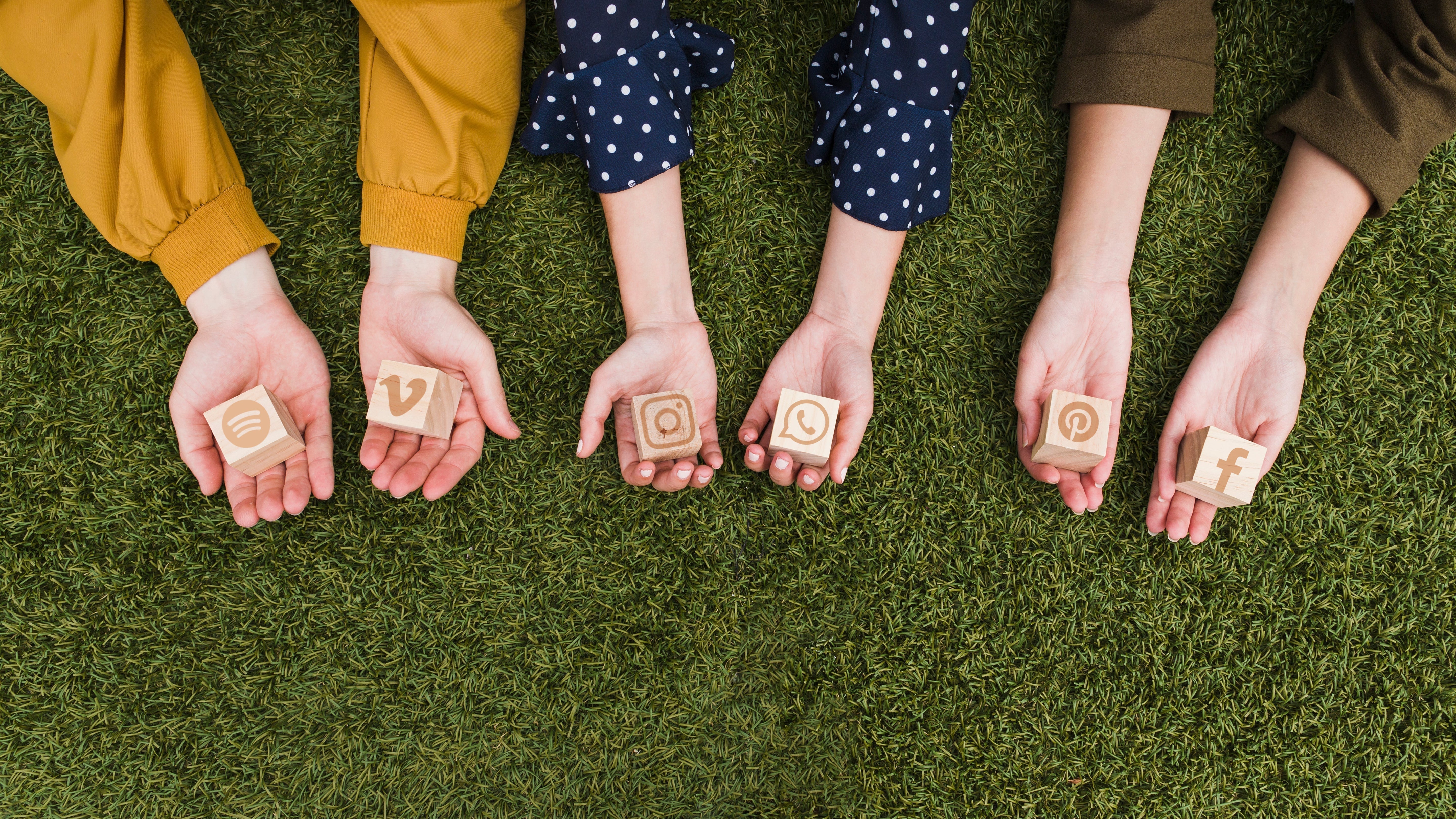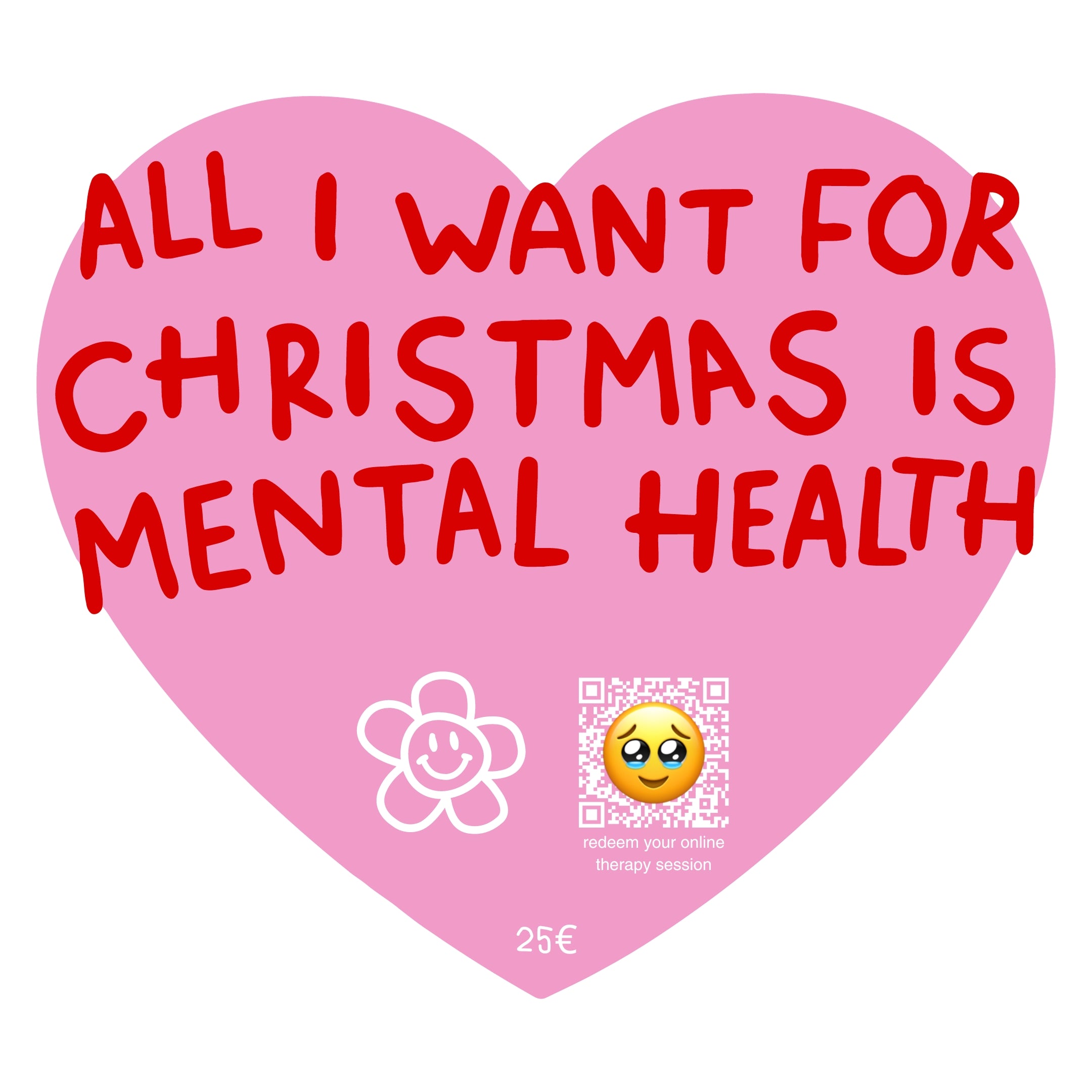Although anxiety and stress are normal and experienced by everyone, it has been noticed that young adults, both Gen Z and Millennials, report higher levels of stress in their daily lives when compared to older generations. Because it is common to feel anxiety or stress (sometimes intensely) and because it is uncomfortable, it is also common to wonder "how to manage anxiety or stress" - something that will be addressed throughout this article.
In a previous article, we explored the theme of anxiety both as a disorder and as an emotion that we all feel at certain stages of life. Similarly, stress is also a natural human response to challenging or threatening situations, which can cause discomfort. Therefore, it is correct to say that stress and anxiety go hand in hand, as one can trigger the other.
In our daily lives, several factors can trigger symptoms of stress or anxiety, from financial and health concerns to issues of isolation, among others. Because it is so common to encounter these triggers in daily life, it is important to know what resources we can use for good self-regulation in stressful or anxiety-inducing situations.

So, what strategies can be used to regulate anxiety and stress?
There are several approaches we can turn to:
-
Regulating heart rate and breathing: In situations where the feeling of losing control is overwhelming, it is important to maintain a steady heart rate and control breathing. For this, some simple exercises can be used:
- Inhale Flower, Exhale Candle: In this breathing exercise, we are asked to use our imagination. As we inhale, we imagine smelling the scent of a very fragrant flower; during the exhale, we imagine blowing out the hardest candle to extinguish in the world. This exercise can be repeated several times.
- Five-Count Breathing: This breathing exercise involves a five-step process. We inhale while mentally counting to five; hold our breath in our lungs while counting to five; exhale following the same process; and wait without air in our lungs as we repeat the count. This exercise can also be repeated several times to help calm our minds and bodies.
-
Grounding Techniques: When our anxiety levels are high or when we might be starting to experience an anxiety attack, it is crucial to bring our bodies and minds back to the present moment. Here are some strategies we can use:
- Sitting/Lying on the Ground: Grounding our bodies and feeling them while taking slow breaths can help us identify where we are feeling tension in our bodies and allow us to analyze it.
- Focusing on the present: If distracting thoughts are preventing us from focusing on the present, a sensory exercise is suggested. In this exercise, we name five things we can hear; four things we can smell; three things we can feel; two things we can see; and one thing we can taste. This method helps bring our awareness back to the immediate environment, easing anxiety.
- Having a support network: Being able to rely on people around us helps during challenging times and combats isolation, one of the factors that promote both anxiety and stress.
- Green spaces and blue spaces: Green spaces refer to areas such as forests or parks, and blue spaces refer to areas like beaches. In this case, literature suggests that walks or activities in such spaces help reduce levels of anxiety and stress.
- Maintaining healthy routines: Since the body and mind are interconnected, maintaining a healthy routine tailored to each individual's reality is recommended. Engaging in regular physical activity, eating a healthy diet with as regular meal times as possible, drinking the recommended amounts of water, and practicing good sleep hygiene with regular sleep schedules are essential components of such routines.
- Conscious use of screens: Screens are everywhere, but it's necessary to reduce their use, especially close to bedtime. It is recommended to avoid screen use in the thirty minutes before sleep and to change the screen light settings from blue to yellow on mobile devices.

The resources mentioned can help manage high anxiety and stress levels in everyday situations. These are practical resources we all can use to regain control in situations where it may seem elusive at first glance.
However, there are still more severe cases where anxiety and stress are felt intensely, posing barriers to daily life. In these cases, it is advisable to schedule appointments with clinical psychologists who can provide us the necessary support and guidance. It is also worth noting that Ivory Therapy offers an online platform with clinical psychologists who provide therapy sessions and can delve deeper into these topics.
In conclusion, there are currently various factors that can trigger high levels of stress and anxiety. Similarly, there are also various resources available that can assist in self-regulation and regaining control in crises. However, it’s important to emphasize that no resource is universal and that there are more delicate situations that require qualified clinical support. It is also crucial to remember that there are always strategies we can find to improve our quality of life.

